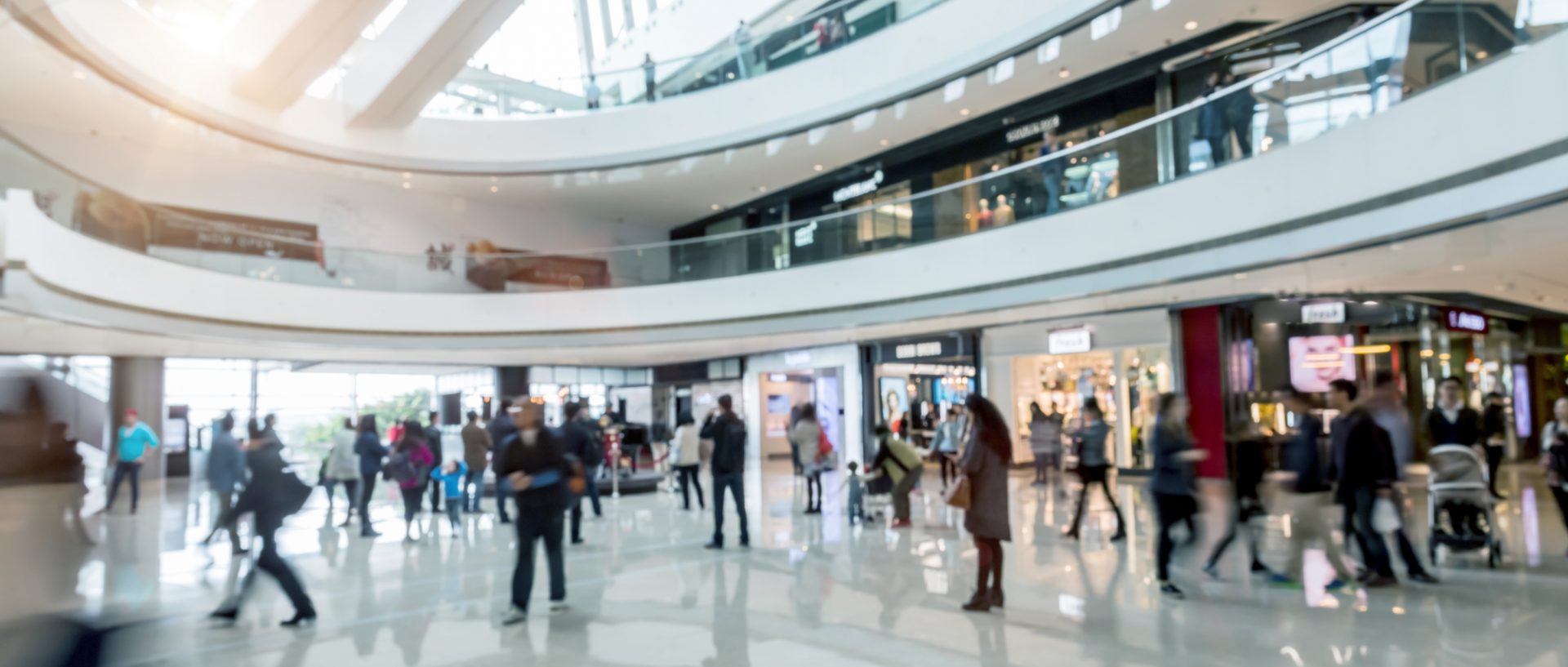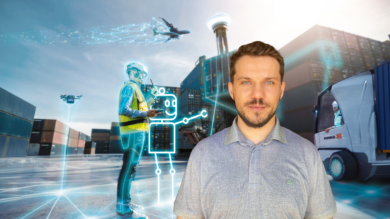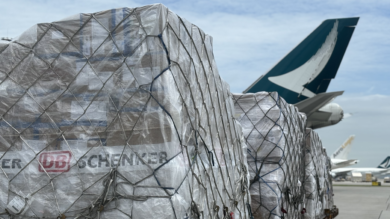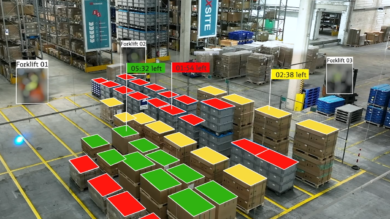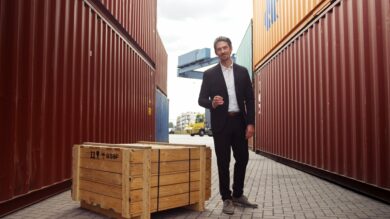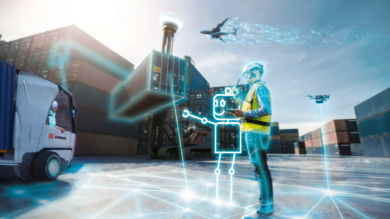Pandemic, Brexit, trade wars, and digitization: If as a service provider nowadays you want to have a stable relationship with your customers, you will oftentimes have to break new ground. Markus Pütz, CCO at DB Schenker for the cluster DE/CH, is a logistician from the ground up. With decades of experience in sales, he explains in conversation how the relationships between DB Schenker and its customers have changed and and what the logistics providers reaction is.

Logistics Matters: Mr Pütz, what is currently at the top of the customers‘ list?
Markus Pütz: “The corona pandemic and the economic implications showed logisticians on the customer side what happens when supply chain optimization is carried too far. Take the automotive industry as an example: For a while, no new cars could be sold there. Not for lack of demand, but because a plug worth 50 Cents was unavailable. Other companies produced goods that could not be delivered because packing parts were missing! This experience causes some companies to rethink their warehousing strategies, whereas other clients look for additional procurement channels. Nearshoring, that is buying regionally, will rise to the focus of some customers. The extreme volatility of freight rates, which will persist for some time, does the rest for supply chains to be examined.”
Logistics Matters: “Do the current developments affect the relationships between you and your customers?“
Markus Pütz: “I think so, yes. Corona made us aware of the consequences extreme forms of such global supply chains can have. Now logistics comes back to the center of attention. For decades, logisticians have been punching beneath their weight. With increasing globalization, many companies achieved great margins by optimizing their supply chains. This added value, made possible by logistics especially over the past 20 years, however, did little for the industry itself. Today, things are different: The pandemic and the increasing volatility on the market made us aware of the value of logistics again. And I appreciate that.
Regarding customer relationships, the currently solely virtual customer interactions have become more familiar by now. We learned, and are still learning, how to work in this environment. And so we must, because it will remain part of our daily work. And the virtual meetings do occasionally have their upsides, because who would have thought that we would one day get to see the kitchens or living rooms of our customers.”
Logistics Matters: “Now, the corona pandemic gave a massive boost to digitization. What effects does that have?“
Markus Pütz: “The past months showed how much more networked work can be — and I mean not just mobile working. We reached an efficiency today that is many times over higher than 20 years ago. And technological development will continue. Reliable arrival times, status notifications in real time — all that is possible today already. As logisticians, it is up to us to initiate, offer, and implement that in order to remain competitive. And the development of new technical solutions will keep on advancing rapidly.
A reorientation in the supply chain comes along with that: I am sure that the position of the final recipient is going to grow in importance. It is all about analyzing their demand and adjusting the supply chain more strongly in accordance with that. You hear everywhere how important customer centricity is. Actually, being oriented towards the customer’s demand, however, is a challenge not everybody can master. That is what separates the wheat from the chaff among logisticians.”
Logistics Matters: “How does the Brexit or other economic events such as the conflict between the US and China affect customer relationships?“
Markus Pütz: “Many companies totally underestimated political decisions like the Brexit. Especially many receivers in Great Britain were not well prepared for it. What is more, Great Britain opted for an extremely complicated customs procedure. But the Brexit or the economic conflict between the US and China or Russia indicate we are heading for an era with more tricky situations like that compared to ten years ago. Experts and observers say that a period of confrontation or tension between the big political blocks lies ahead. That is well possible and will then also affect our business.”
Logistics Matters: “So what does that mean for DB Schenker?“
Markus Pütz: “In the current situation, corona and Brexit are the determining topics. We deal mostly with managing the daily situation — and for that we need to be very close to the customer. Complete transparency in our communication is the key to success. We communicated really well over the last twelve months: Our newsletters were well received, in virtual sessions customers learned what is happening on the air or ocean freight market and what challenges are waiting for them in the future. Furthermore, we very clearly demonstrated the level of quality we operate at as a global network even in hard times and showed that we are a top player. And that will continue to have an effect. That is the merit of all colleagues, who were very engaged and did a great job!”
Logistics Matters. “Is that a hallmark of DB Schenker?“
Markus Pütz: “A logistician as large as DB Schenker has a remarkable market position: We can do almost anything — and really well at that. But what really sets us apart is the incredible number of top people we have. The quality of our service and our know-how and the close relationships with our customers are outstanding. We can look ahead with confidence.”
Logistics Matters. “What direction is logistics going to take after the pandemic? Is client work going to change?“
Markus Pütz: “Changes in economy are faster, more profound, and way less predictable. Conventional sales with only personal meetings will not live on as such. That also means we have to communicate with our customers more often and more intensively. We need a closer dialog. For that purpose, we will have a mixture of personal and virtual contacts in the future. Many journeys or trips will no longer be necessary. That can be more efficient — and it certainly is good for the environment!”
Published: July 2021


